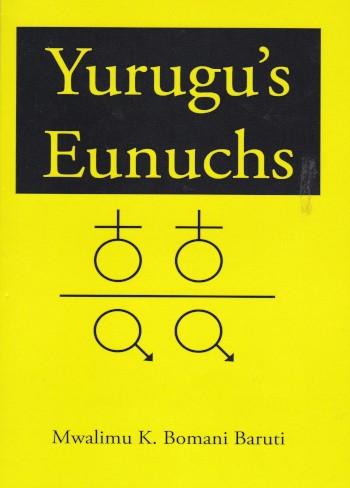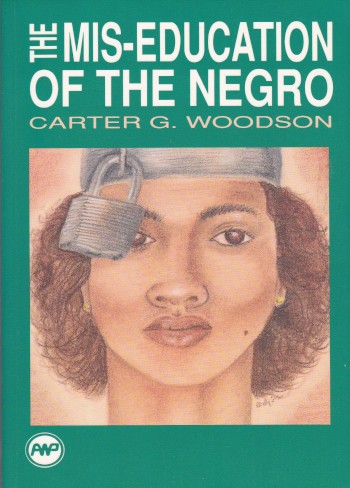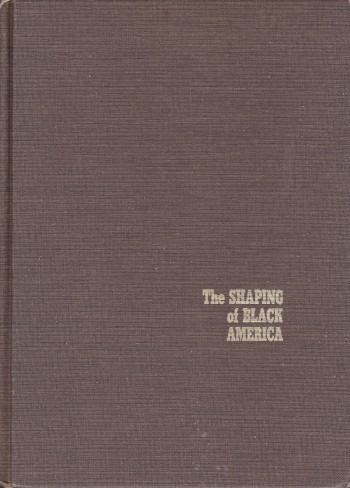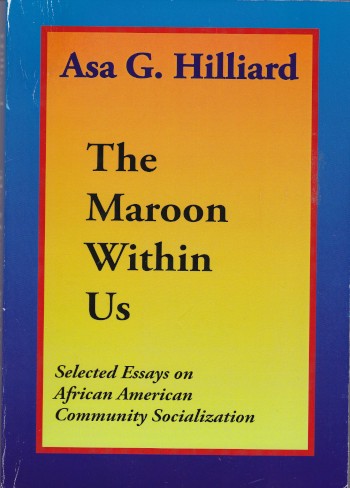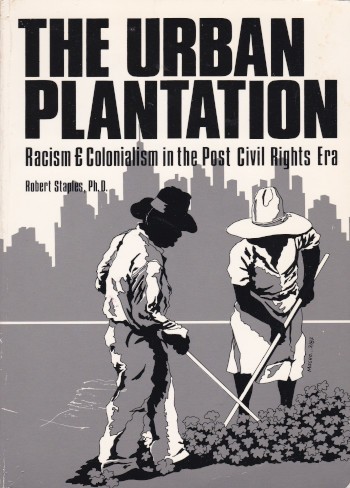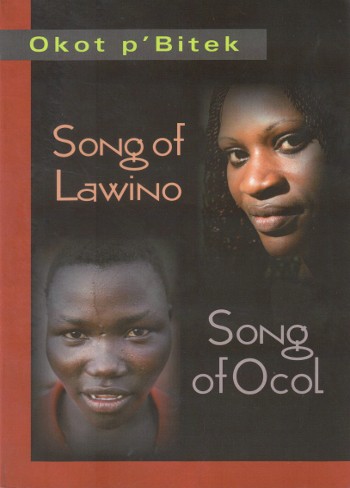
During his lifetime, Okot p’Bitek was concerned that African nations, including his native Uganda, be built on African and not European foundations. Traditional African songs became a regular feature in his work, including this pair of poems, originally written in Acholi and translated into English. Lawino’s words in the first poem are not fancy, but their creative patterns convey compelling images that reveal her dismay over encroaching Western traditions and her Westernized husband’s behavior. Ocol’s poem underlines Lawino’s points and confirms her view of him as a demeaning and arrogant person whose political energies and obsession with wasting time are destructive to his family and his community.
The gripping poems of Lawino and Ocol capture two opposing approaches to the cultural future of Africa at the time and paint a picture that belongs in every modern reader’s cognitive gallery.



